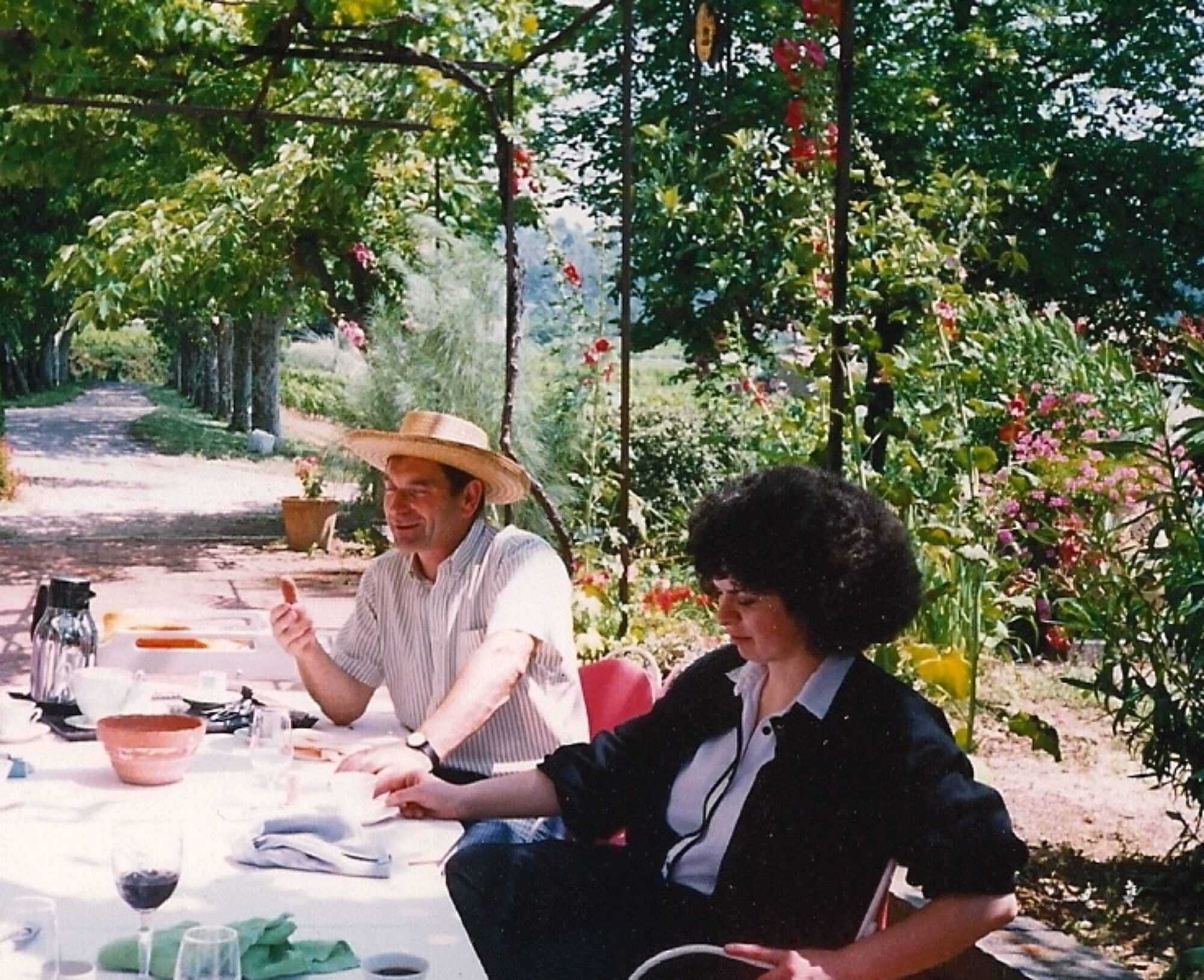Turn not your eyes, leaves though they be,
to dazzle or blaze. Live off not light but light
transformed, simple, eccentric, stoic in the sun.
Study the genitalia of plants. Learn the names
of birds by how they sing and what they eat.
Never forget how primates, armed with chipped
flint cudgels, delight picking off tasty
reproductive organs from inoffensive plants.
The flux of birds in flight may be the same
with us or without, but cruelty is ours, to wit
how casually we crush out insects, even
innocuous ones, then raise our eyes on high
to tangled veils of evaporating
jet contrails, photochemical as film.
Where we are most exposed when naked
we sink roots, touching down like stalks in a vase.
What is the good life, if not just to have lived?
Trust gardeners in the sky not snip us in the bud.
*
The emotions which inspired this poem may have faded but one reason we write poetry is to preserve their semblance, memories, against erosion by time. Most of the images and some of the wording sprang out of my mind in the summer of 1977, shortly after my first arrival in California. Enscounced in a brand new life, I was eager to embrace the new natural environment and forms of social relations offered in Berkeley.
The war in Vietnam had been declared over and I had been amnestied by Jimmy Carter, one of the last 4000 US draft resisters to have been so. That trial nonetheless still hung over my head, as can be seen in the last line of the poem, where the fear and often the fate of Vietnamese villagers is evoked and shifted into a California setting: Trust gardeners in the sky not snip us in the bud!
Yet something deeper was wrong. Mindless optimism, Rousseauistic in its faith in the benign nature of humans, indeed of nature itself, had captured the local culture.
It is possible to read this admittedly obscure poem as ecological in intention. The gist of it is much bleaker.
